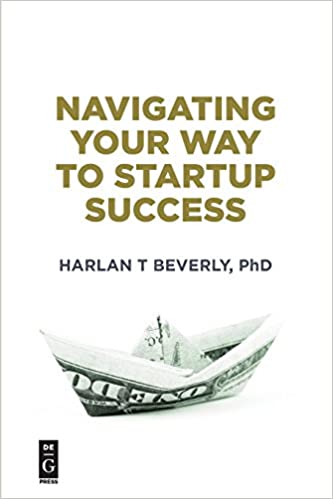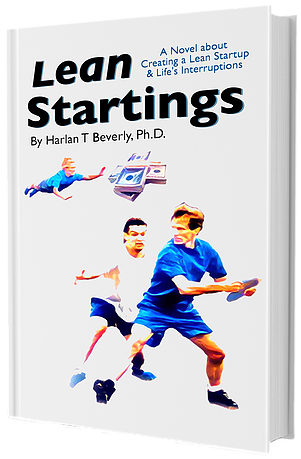Regulation in Austin, TX is preventing a free market to exist for ride-sharing. The best companies (Uber and Lyft) cannot compete here because of an onerous regulation put over the town like a dark cloud. Dark indeed, for it creates a micro-monopoly for Fasten and RideAustin, who by their strangeness (and willingness to operate more like a cab company), are allowed in Austin.
I was recently quoted on NPR radio on this topic, and I argue that this micro-monopoly is the only reason they can compete in Austin right now. This monopoly does not exist outside of Austin (except a few other weird cities). As a result, for Fasten or RideAustin to work beyond Austin, they would have to compete in the “REAL” market against Uber and Lyft.
A monopoly gets established whenever there is regulation, unique capability, or brute force creating a disturbance in the natural order of modern economic forces: e.g capitalism. In fact, monopolies are the opposite of capitalism which emphasizes the concept of creative destruction to encourage entrepreneurs and what today we call “startups” and we once called “business” to flourish and compete against each other.
The loser in this war is the consumer, and always is. We are forced with sub-par ride-sharing experiences and higher prices. That’s what happens in a monopoly.
So… catch a ride; kill monopoly! Compete without a monopoly and you will find there are bigger markets than just Austin, waiting for you to come help.
Rural Ride-sharing anyone?





